Russia to West: Stop 'deceitful propaganda' about 'desperate' Serbs in Kosovo
Russia has asked the West to stop "deceitful propaganda" about "desperate" Serbs in Kosovo as NATO has deployed troops in the Balkan country.
Moscow on Tuesday stressed that the US-led military alliance has become a source of unwarranted violence and escalation of tensions in the turbulent region after violent clashes erupted between Serb protesters and NATO forces, leaving dozens of people injured.
The ethnic Serbs of Kosovo boycotted elections in northern Kosovo's Serb majority area in April. This enabled Albanians to win positions and take control of the local councils, even though the voter turnout was as low as 3.5 percent.
The United States and its allies on Friday rebuked Pristina for the developments that prompted Serbs to boycott the elections and the region descended into unrest, in which more than 50 Serb protesters and 30 NATO so-called peacekeepers were injured on Monday.
"We call on the West to finally halt its deceitful propaganda and stop blaming the incidents in Kosovo on desperate Serbs, who are trying to defend their legitimate rights and freedom peacefully and without weapons," Russian Foreign Ministry Spokeswoman Maria Zakharova said in a statement on Tuesday.
"The crisis situation in the municipalities of Zvecan, Zubin Potok, and Leposavic, which could have been resolved through a calm compromise, was a tough nut to crack for the NATO ‘peacekeepers’ in Kosovo,” she said.
“They not only showed their unprofessionalism, but also became a source of unnecessary violence and a factor of escalation," she added.
Meanwhile, Serbian President Aleksandar Vucic accused Kosovo Prime Minister Albin Kurti of creating tensions, urging Serbs in Kosovo to avoid clashes with NATO soldiers, 25 of whom were reportedly injured in clashes with protesters on Tuesday.
"I am urging the Serbs in Kosovo - and I know how they feel and how difficult it is for them - not to get into a conflict with NATO. Not because I am afraid or because any of us are afraid, none of us personally have anything to lose, but because that's what Kurti wants most," Vucic told reporters after further clashes in the region.
Serbia, which previously ruled Kosovo until it became independent in 2008, has placed its army on high alert and ordered forces toward the border, a step it has taken repeatedly in recent years.
"The number one task is still the establishment of a community of Serbian municipalities in the region in its original form, which was enshrined 10 years ago in written agreements between Belgrade and Pristina under the guarantee of Brussels. This is a key condition for dialog, and is the only chance to ensure stability and security in the region," Zakharova said on Tuesday.
The US has been Kosovo’s main supporter politically, militarily and financially ever since it gained its independence from Serbia, which has long had close ties with Moscow.
The ethnic-minority Serbs, which make up 1.5 percent of the population, do not recognize the 2008 declaration of independence from Serbia, and instead recognize Belgrade as their capital. Kosovo is mainly populated by ethnic Albanians.
Despite months of shuttle diplomacy by EU mediators, in March, Kosovo and Serbia stopped short of signing a potential landmark deal to normalize their relations.
Ansarullah mourns Leader's martyrdom as 'great loss' caused by 'most wretched terrorists'
Hezbollah offers condolences to Iranian nation over Leader’s martyrdom
US-Israeli strike targets IRIB facility; broadcasts continue
IRGC: Latest waves of Op. True Promise 4 led to tanker strikes, base shutdowns, heavy casualties
CENTCOM confirms US troops killed in Iran’s retaliatory strikes
China ‘strongly condemns’ US-Israeli assassination of Iran’s Leader
Iran sees no limits in defending itself after Leader's ‘dangerous’ assassination: FM
IRGC strikes USS Abraham Lincoln aircraft carrier with volley of ballistic missiles


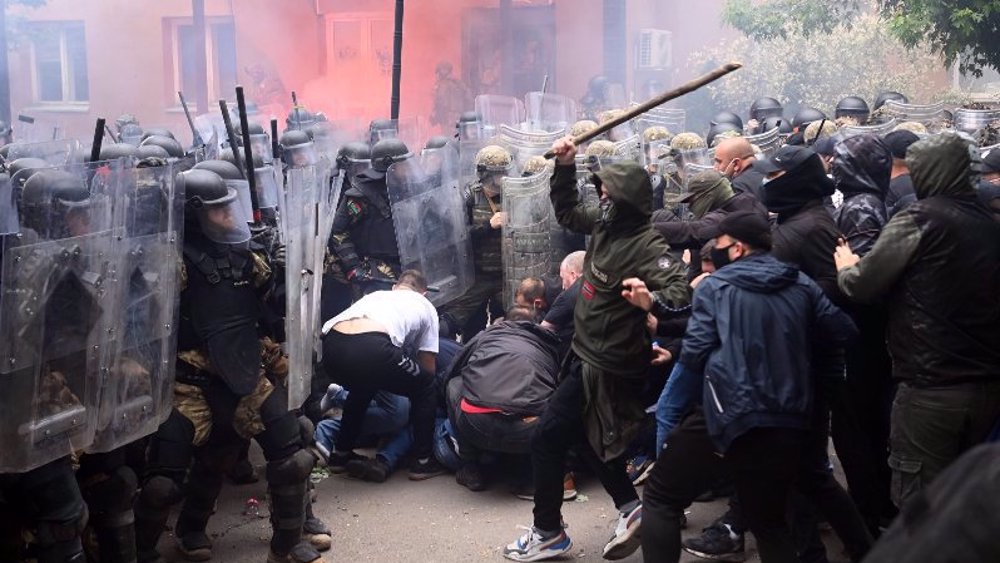
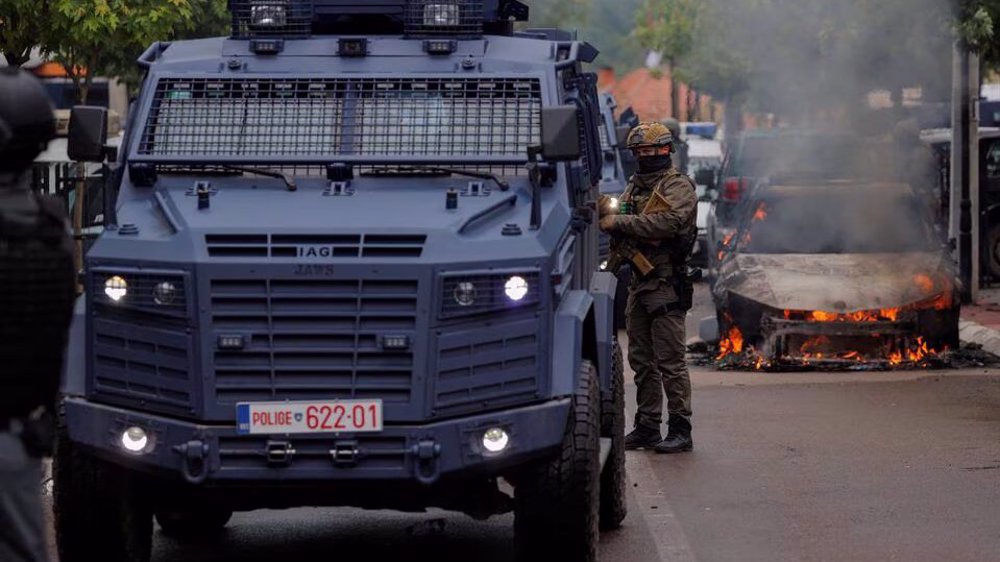
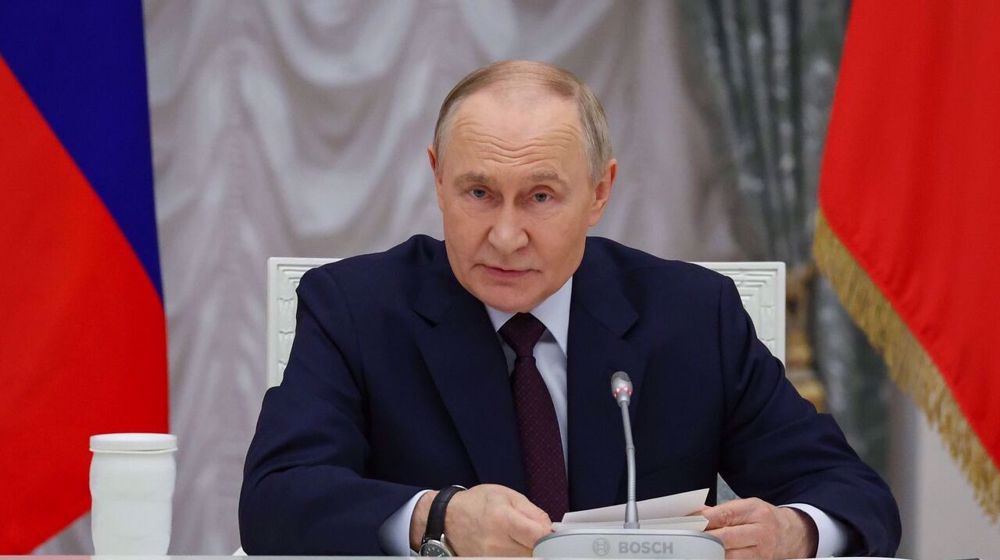
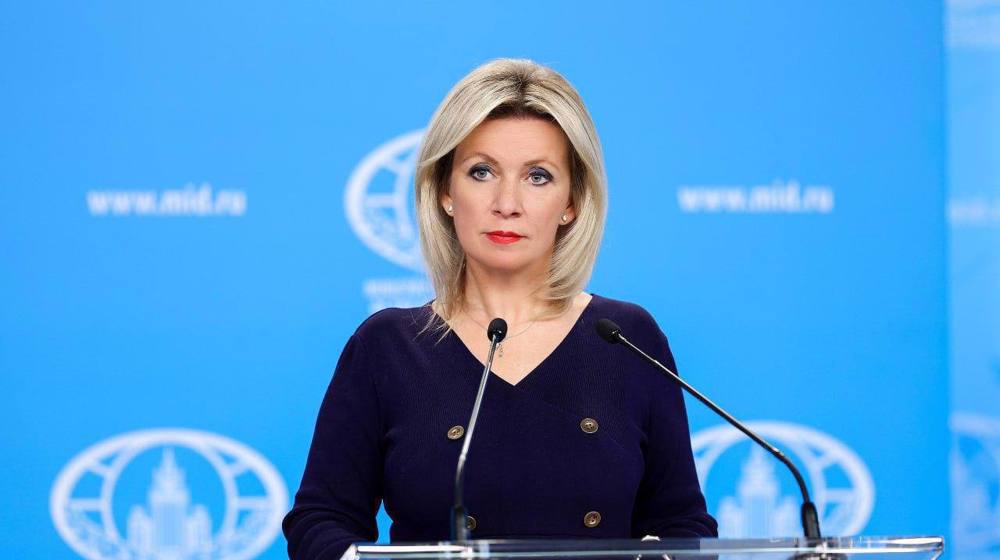
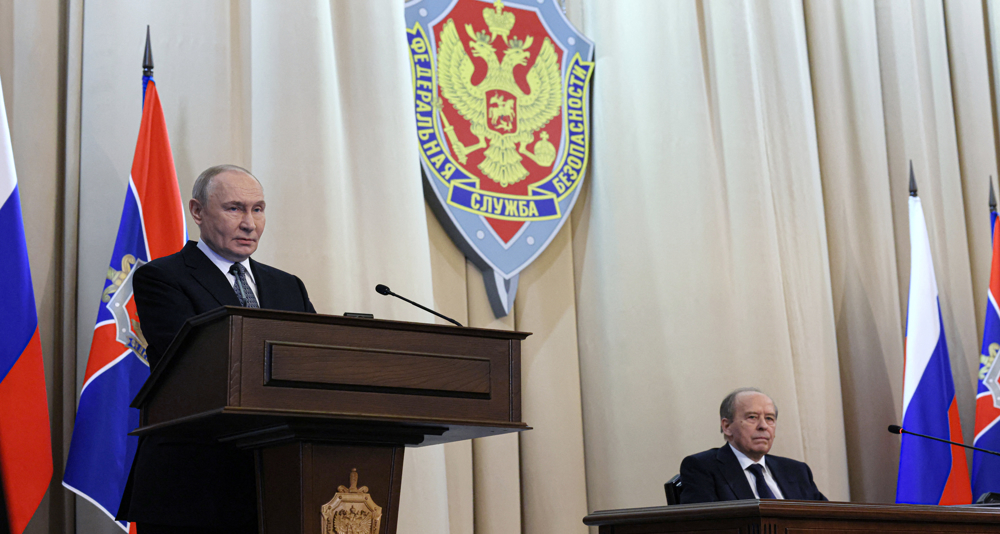




 This makes it easy to access the Press TV website
This makes it easy to access the Press TV website